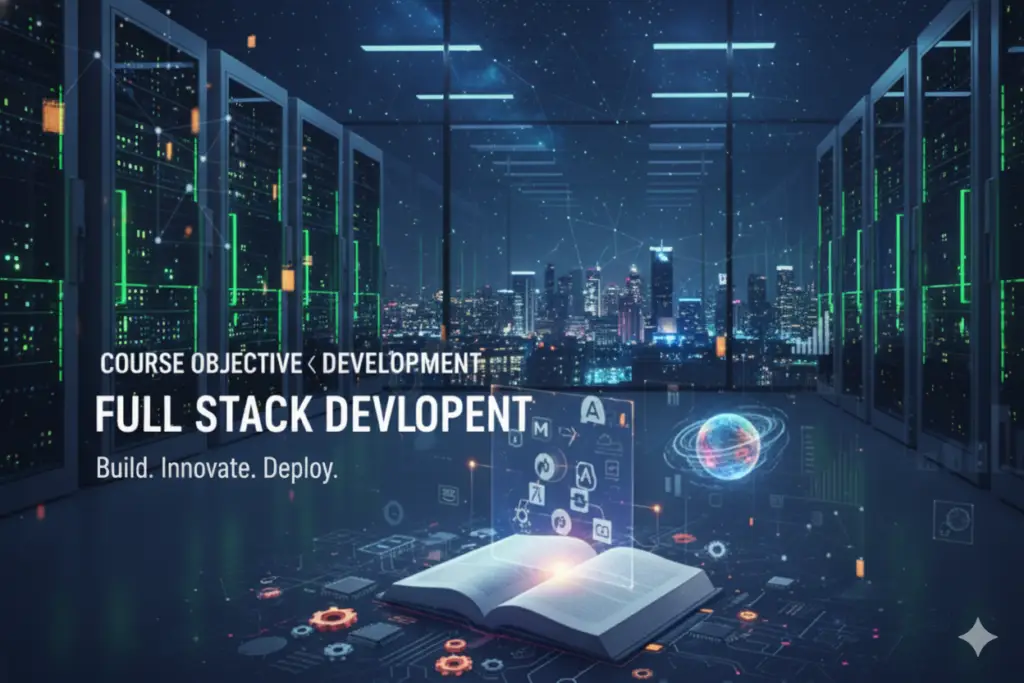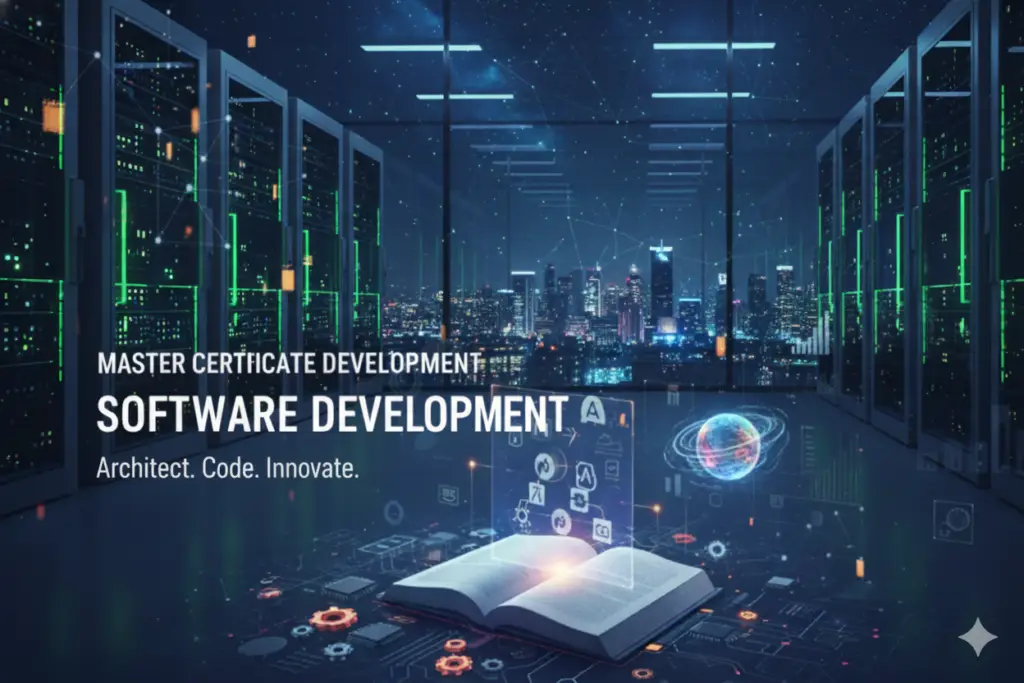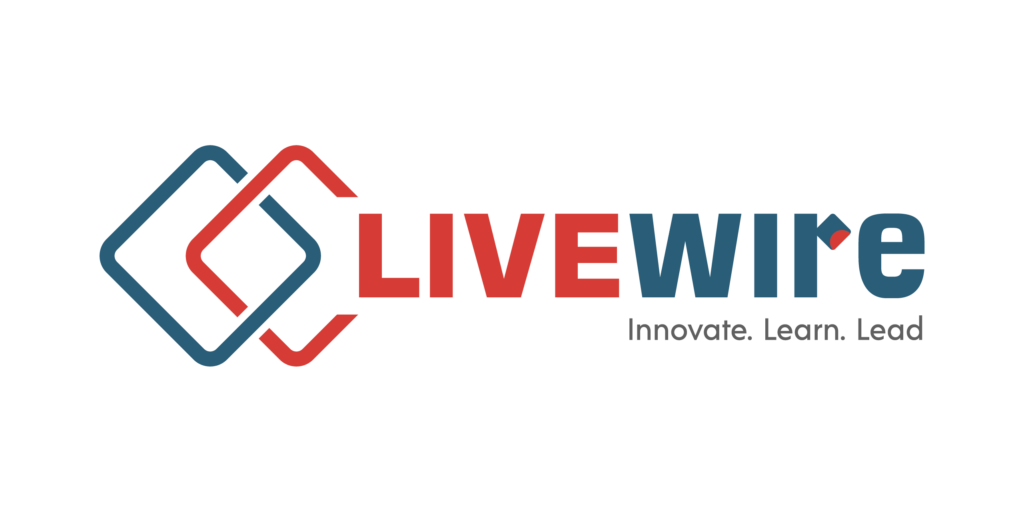
Whether you’re new to programming or have expertise with other languages, you may find that Python is simple to learn.
If you want to go ahead in the 21st century, learning Python is one of the best investments you can make. Knowing Python well opens doors to a wide range of careers and businesses.
To put it simply, Python is an advanced, object-oriented programming language. Because of Python’s ease of use and adaptability,
It is often recommended to newcomers in the programming profession as a first language to master. Along with its growing popularity, it has widespread community backing.
Python is widely used in several fields, including software and website development, process automation, data analysis, and visual data representation.
As a result of its accessibility, non-programmers like accountants and scientists are increasingly turning to Python for commonplace activities like financial management.
In addition, Python is very effective at handling and organizing large, complicated datasets. The data-intensive Internet of Things systems benefits greatly from its utilization.
Python’s proximity to scientific computing is another argument for its favorability as an IoT application development language. In what ways is python useful? Just a few examples are:
There are several reasons for Python’s widespread acceptance. This article delves into the specifics of what makes it so appealing to programmers in terms of its flexibility and usability.
The question then becomes whether Python’s versatility necessitates a move away from it for those seeking a more traditional approach to web development.
No way! While the breadth of Python’s functionality may seem overwhelming, the language has a solid reputation for being straightforward and simple to pick up and use.
And that’s why Python is a great language to learn:
When it comes to learning Python, what is the most effective method? Really, there is no one “correct” place to start with anything.
Because of individual differences in brain structure and function, people acquire knowledge in various ways. This means that doing rather than reading is the best method to learn Python.
All you have to do is fire up your laptop, download Python, and dive right into the world of computer programming. That’s okay since you can pick it up as you go!
The ideal approach to learning Python is different for everyone, but the following advice is certain to help.
Learning and using Python can be really enjoyable. Just doing that will set you on the right track to becoming an expert in Python.
Never forget that there is no one “right” approach to teaching or learning. It’s true that there is no magic bullet when it comes to learning Python, but maybe the advice and guidelines provided here can assist you along the way!
Python is a language for developing software that facilitates efficient workflow and seamless system integration.
By learning Python, you can increase productivity and decrease overhead expenses practically instantly.
Learning Python is easy since there is so much material accessible. Try to strike a good balance between the time you invest in studying and writing in the target language and the time you devote in gathering information.
Whether you’re a complete Python beginner or a seasoned pro, we’d love to have you provide your insights. You, and our other readers, will become better programmers as a result.










Since our inception in 1987, Livewirehub has confidently expanded to over 300 locations globally, offering more than 30 diverse programs. We have successfully trained over 1.5 million customers and guarantee 100% placement assistance.






Our courses in Data Science, Data Engineering with Python, Data Science with R, and Data Analytics with Power BI pave the way for diverse career paths in data analysis, business intelligence, and strategic decision-making.

Master Full Stack Development: Build dynamic web apps with MEAN, MERN, and MASG stacks. Learn to create robust solutions from front-end to back-end. Enroll now and transform your career!

Master Software Development: Architect, code, and innovate across diverse platforms. Transform ideas into cutting-edge software solutions. Elevate your career with advanced skills. Enroll today!

Master Cyber Security: Protect digital assets, defend against threats, and innovate security solutions. Learn advanced strategies to safeguard systems and data. Become a cyber defense expert. Enroll now!
NASSCOM-accredited programs ensure industry-relevant skills and quality education.
Experienced professionals equipped with real-world skills and expertise that can effectively address practical challenges in various industries.
Project-based assessments gauge students' understanding through real-world projects, enhancing their creativity, critical thinking, and problem-solving skills.
"Comprehensive and thoroughly up-to-date knowledge that encompasses a wide range of topics and information."
Learn the critical tools and technologies that top employers seek today.
Choose a study schedule that fits your lifestyle, with both online and in-person classes.
Access to job placement services and networking opportunities to boost your career.
We assist students with interview preparations, offering hints on related questions. Enroll in Trending IT Courses in High Demand.
“Livewirehub transformed my career! The courses were comprehensive, engaging, and really helped me build practical skills. I landed my dream job right after graduation!”
Junior Developer, Tech Innovations

If you have any questions or need assistance, feel free to reach out.
